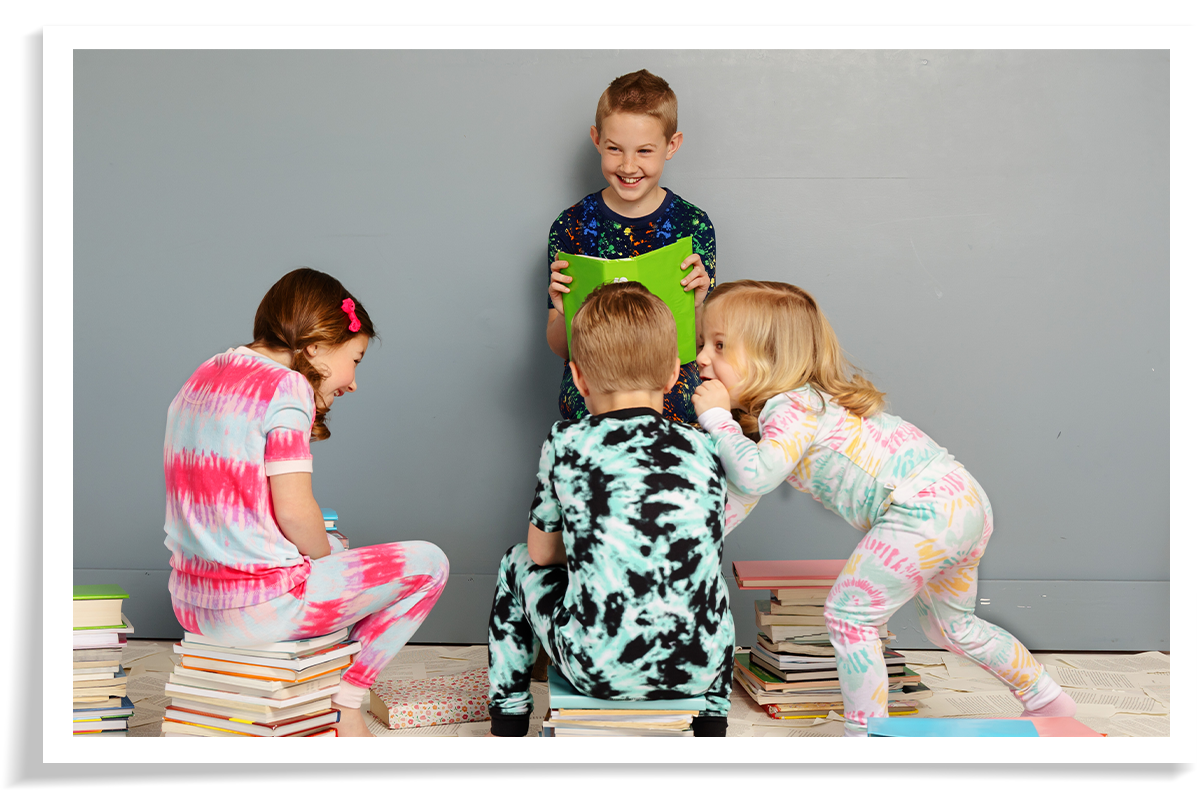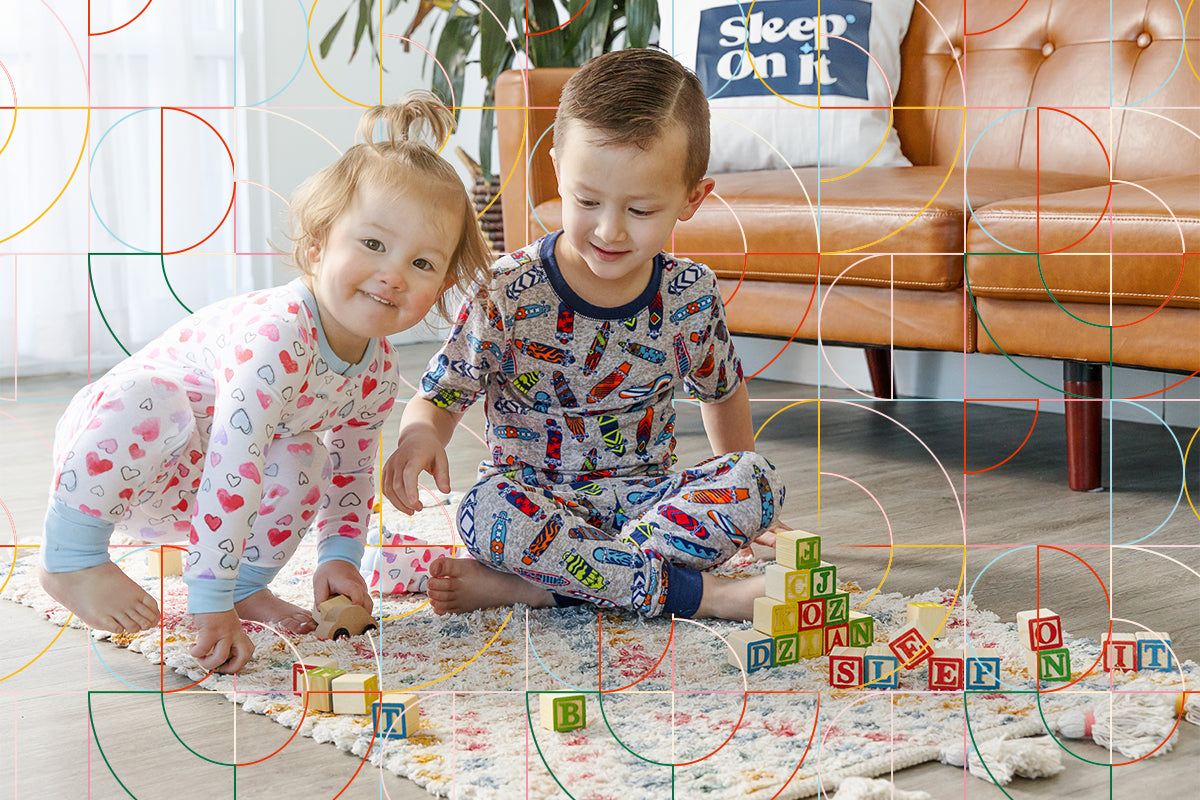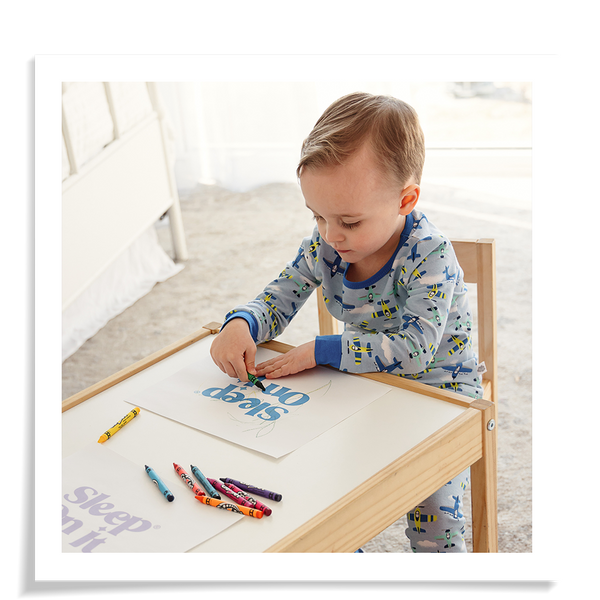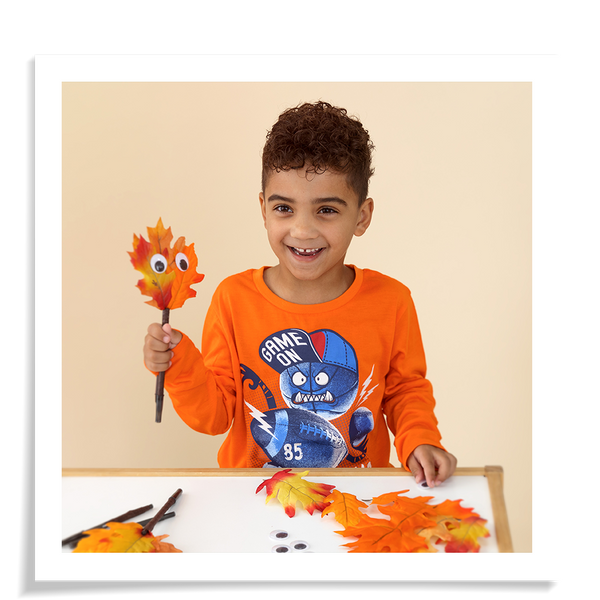While school may be out, that doesn’t mean your children are. Often, children come home after school filled with pent up energy they’re dying to release. And with nothing to do, it can make the hours between the time they get home to bedtime, hectic and stressful! That’s where after-school activities come in.
After-school activities are just as, if not more, educative to our children’s mental development. It ignites their social skills, improves grades, and teaches them coordination, a sense of self, and how to develop relationships with adults other than their parents. Therefore, while they seem like a lot of fun and games, they reap many benefits.
Arts and Crafts
Letting our children get crafty with some of their favorite art supplies helps build self-confidenceand exploration. It gives them a safe place to learn that making mistakes is just part of life. More so, when things go wrong, it forces them to think from a different perspectiveand learn new things.
- Make trendy friendship bracelets for all their BFFs
- Finger painting is always fun
- Knitting, embroidery, and sewing are great skills to have
- Reuse glass jars and bottles and have some fun with glass painting
- Scrap booking is a great bonding experience
- Photography club. Although geared towards older children, photography allows children to see the world through different lens allowing them to develop and accept different prespectives of the world.
The Great Outdoors
Whether it’s playing sports or running around a park, the whole idea of running around in fresh air with your peers is a childhood memory we all love.
- After-school sports clubs and leagues aren’t just great exercise. It teaches them leadership and teamworking skills.
- Going on a hike and learning basic survival skills
- Explore the nearest botanical garden to learn about mother nature
- Build a scavenger hunt in the backyard and let them learn how to explore
- If you live by a beach, take them for a set stroll where they can run around, do cartwheels, and simply have fun
Becoming a MasterChef
Aside from being a basic skill everyone needs, learning how to cook teaches children basic healthy eating habits. More importantly, it teaches them how to follow instructions, develop problem-solving skills, and be independent.
- Make dinner together
- Organize a bake sale with some of the other neighbourhood parents
- Incorporate a “food of the week” to expand your child’s pallet and knowledge about different types of foods and their health benefits.
Community Work
Learning how to give back to the community that helped raise your child is extremely important. It helps them develop their emotional intelligence and the importance of a community. It teaches them that people aren’t connections we use to get something, rather relationships and bonds we build.
- Visit the Hospitals or Senior Care homes or give your time at a Food Kitchen.
- Visit animal shelters
- Implement random acts of kindness once a month and let your child decide what it will be
- For kids in elementary or high school, encourage them to tutor someone younger
- Find out if your neighbourhood or district host food drives and take your children to participate in them
- Public space clean ups- especially if they are beach clean ups

Educational
- Counting their surroundings. When driving to any destination, pick a random object, a tree, stop signs, etc. Ask your little one how many exist between point A and point B. This improves their basic math skills such as counting and stimulates their observational skills.
- Organize a “kids book club” with your best friends or the neighbourhood. This will encourage them to read, thus improving their literacy. However, it will also expand their knowledge, train them to develop fresh perspectives on the world, and encourage them to voice those opinions.
- Languages. Learning another language greatly improves cognitive concentration and critical thinking. When children learn different languages, their memories strengthen. This allows them to form sequences and build structures that help them retain important information and ignore irrelevant details.
- Learning musical instruments enhances the neuronal communication that takes place between the left and right sides of the brain. As children, this significantly helps boost their memory span and fine-tune motor skills.
- Drama clubs are excellent for helping children, particularly older children, express their emotions in a healthy manner. Furthermore, it gives them the confidence to perform and talk in front of larger audiences- a skill that they will need in their professional lives.
Conclusion
After-school activities are a quintessential part of childhood. They help develop our children in ways that we as parents will never be able to. It teaches them important life skills and forces them to develop perspectives on different aspects of life. The bonus is that they’re extremely fun and our children will never get bored of them.











